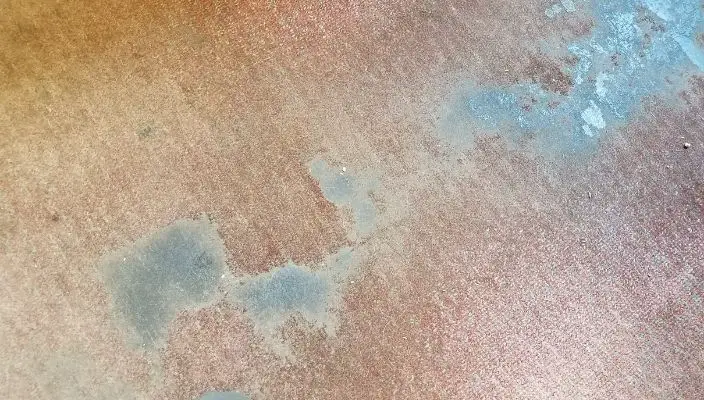Do Outdoor Rugs Get Hot?
Outdoor rugs are made of a variety of materials, and the heat conductivity of these materials varies.
You may notice that an outdoor rug made of synthetic materials like plastic or nylon gets hotter than one made of natural fibers like cotton or wool. This is because synthetic materials are better at conducting heat than natural fibers are.
Table of Contents
Do outdoor rugs get hot in the sun?
Outdoor rugs don’t get hot in the sun, but it really depends on the type of rug you’re using.
Most outdoor rugs are made from synthetic materials like polypropylene and polyester. These materials are actually created to be heat-resistant and are commonly used for items like car tires or seatbelts. So if you’re using an outdoor rug made from polypropylene or polyester, you should have no problem walking on it barefoot, even in direct sunlight.
There are some exceptions to this rule: if you’ve purchased an outdoor rug with a rubber backing (usually latex), this could make the rug hot when exposed to direct sunlight. This is because rubber tends to absorb heat more readily than polypropylene or polyester, which reflect heat better and keep their cool when exposed to sunlight.
Why outdoor rugs get hot?
Outdoor rugs get hot because the sun’s UV rays react with the dyes in the rug to create heat. The sun is the main reason why outdoor rugs get hot, and this effect is most prevalent on light-colored carpets. Another thing that causes outdoor rugs to get hot is when you hang them on clotheslines. Clotheslines may seem like a great way to dry your carpets once they’re clean, but they end up getting hot because of the heat from the sun.
There are a few reasons why you might be worried about your outdoor rugs getting hot. Here are some common ones:
You’ve got a pool or a lot of sunny areas where your rug can get wet.
You don’t want to burn your feet when you walk on your rug after it’s been outside for a while (especially if you’re barefoot).
Your rug might not dry out if it gets wet and sits in the sun.
To help prevent your rug from getting too hot, you might want to place it in areas that receive partial shade or move it inside during the hottest hours of the day. Or purchase an outdoor rug made of natural fibers like jute or sea grass, which don’t retain as much heat as polypropylene fibers.
Are outdoor rugs flammable?
If you’re wondering if your rug is safe outside, it’s good to know what makes a rug flammable.
The type of material used in a rug is one of the biggest factors as to whether or not it will catch fire from being outdoors. Wool and other natural fibers will burn quickly when exposed to open flames, while acrylics and polyester blends do not burn easily with flame contact. It’s best to avoid using any synthetic materials if you’re thinking about using your rug outdoors.
If you have an outdoor rug made from natural fibers like cotton or jute, it’s probably best to keep it away from heat sources like grills or fire pits. The most important thing is to not leave a rug out overnight after using a fire pit nearby.
Can outdoor rugs be left outside?
Yes you can leave your outdoor rugs outside.
First of all, your rug must be made from high-quality materials, as even the most durable materials will deteriorate if exposed to harsh weather conditions. It must have a polypropylene fiber for its resistance to moisture, UV damage, and mildew.
Second, you have to make sure your rug is situated in an area that won’t be subject to constant rain or standing water. The worst thing you can do is let water sit on your rug for long periods of time, because it will cause the material to deteriorate. And even though polypropylene is resistant to mildew and mold, you still want to steer clear of leaving it out in the open where humidity can accumulate underneath it.
Finally, make sure that whatever kind of outdoor rug you buy comes with a warranty (ours come with 10-year warranties). This way, if anything does happen to go wrong with your rug—like it starts getting moldy or something—you can exchange it for a new one without having to worry about paying for it again.


